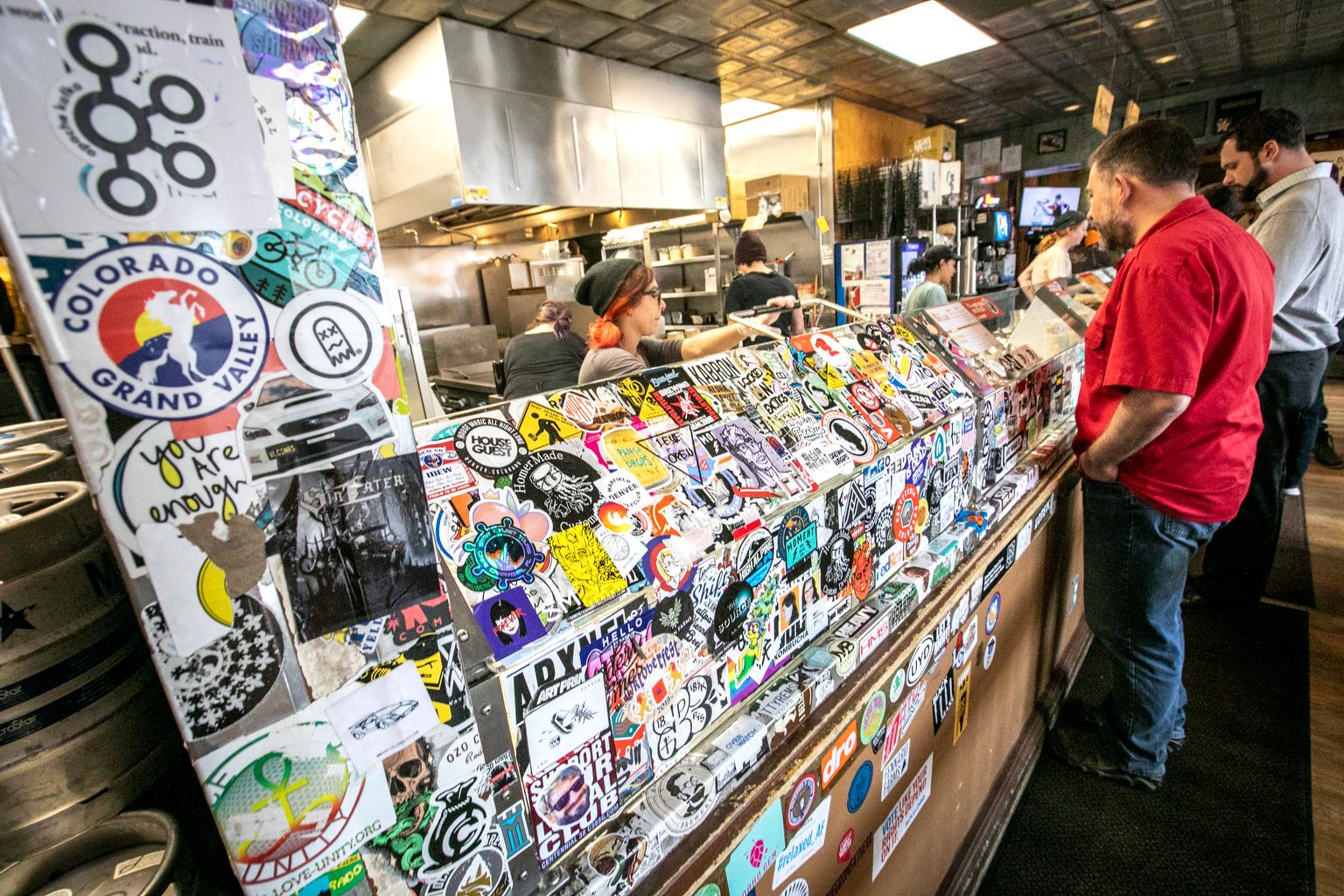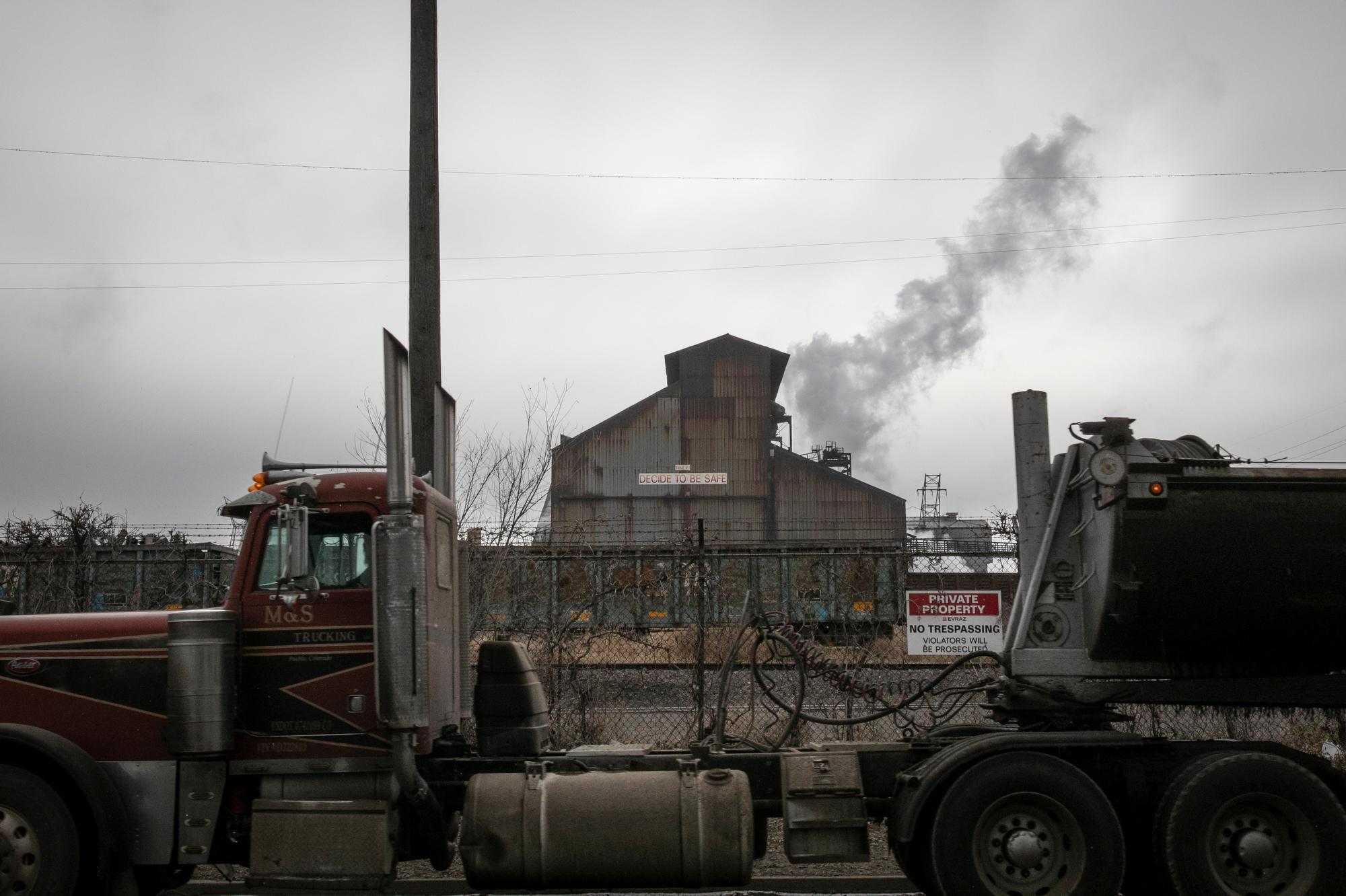
The state of Colorado will soon require employers to offer paid sick days to hundreds of thousands of service and hospitality workers in response to the spread of COVID-19, the disease caused by the new coronavirus. Gov. Jared Polis announced the new policy on Tuesday morning as he declared a state of emergency.
“We should all feel more comfortable eating out, knowing that the chefs and waiters don’t have to come in sick,” Polis said.
The emergency rule -- expected to be finalized later Tuesday -- will affect an estimated 15% or more of the state’s 3.1 million workers, according to state projections. Paid leave benefits are especially rare for hourly and low-wage workers throughout the United States.
The rule is meant to keep service workers home while they’re sick with flu-like symptoms or being tested for COVID-19. It comes amid growing national pressure. The restaurant giant Darden announced Monday that it would offer paid sick leave to hourly workers. President Donald Trump has discussed the subject, and Democrats in Congress have proposed legislation.
The details of the Colorado policy are still in flux. But state officials told Colorado Public Radio the rule would:
- Provide four paid sick days for those with flu-like symptoms who are being tested for coronavirus
- Only apply to workers in leisure and hospitality, food services, community living facilities, child care, and home health workers serving the elderly
However, the rule will not require paid leave for the full recovery period for COVID-19 cases, which can extend for weeks.
“Our rule will say unpaid sick leave for the time it takes for an employee to be cleared for work. But we are not mandating that paid sick leave time for that recovery time,” said Cher Roybal Haavind, spokesperson for the Department of Labor and Employment.
Read more: How many cases of COVID-19 have been discovered in Colorado?
The emergency rule will be in place for up to 120 days, but only while Colorado's state of emergency continues. Polis will reassess the emergency status every month. After 120 days, the paid-leave rule would have to go through a formal process, according to state officials.
The Colorado Restaurant Association said its members have already taken action, though the group didn't directly critique Polis' proposal.
"Restaurants have always used proven methods to prevent the spread of disease including requiring employees who are sick to stay home," wrote CRA President Sonia Riggs, adding, "it is already common practice for restaurateurs to work with their employees to enable this without causing undue financial hardship."
Riggs asked that state leaders work with the association to protect employees, businesses, and the public.
Some restaurants have already seen an uptick in sick requests. “The good thing is that our staff are taking that seriously, and that we are getting what seems to be more sick call-outs,” said Pete Turner, founder of the Illegal Pete’s burrito chain.
His company already offers paid leave in excess of the new state requirement, he said. Now, he’s preparing for the possibility of running skeleton shifts, or even temporarily switching to a delivery-only model.
“It’s really hard to find out what’s real, and what we should be doing,” he said. “I’m worried. I’m just worried.”
The leader of the state's hotel association said the effect of the new rule would be limited for her industry. "The vast majority of hotel employees are covered by some kind of paid leave that would satisfy this requirement," said Amie Mayhew, president of the Colorado Hotel and Lodging Association. The state has about 1,300 hotels with 185,000 employees, she said.
Polis described the new rule as a crucial public safety step. Without paid leave, people in low-wage jobs may work through illnesses in order to pay their bills.
“When those workers lack access to paid sick leave, it poses a great risk to our ability to protect the public,” Polis said.
But the new rule won’t protect workers from the broader effects of a potential large-scale outbreak, experts warned. The same sectors are at risk of layoffs and shutdowns in an outbreak. Paid sick leave won’t help healthy workers who can't work remotely and are forced to stay home for extended periods or who are laid off.
“How will the state be handling public sector workers, elementary school teachers if schools are shut down for a period of time?” asked Jennifer Greenfield, an associate professor at the University of Denver Graduate School of Social Work, describing Polis’ order as a “great first step.”
The state is looking at ways to provide unemployment benefits in case of widespread disruption, Haavind said. That may require authorization from President Donald Trump, but state officials are considering other options too.
For some, the outbreak is new proof that the state should pass a paid leave law.
“I really do commend the governor’s rapid response in taking this issue really seriously,” said Ashley Panelli, the paid-leave campaign manager at the advocacy group 9to5 Colorado. “We just really want to see the response go a step further, and for the governor and legislature to consider the need for universal paid leave and paid sick days policies.”
State legislators have been working for years on a bill that would mandate paid leave for some workers in the case of illness, childbirth or family medical emergency.
But the Democratic proposal is struggling amid questions about who it would cover. A draft would exclude seasonal employees, including those in the high-country towns where cases of the virus have already appeared. No bill has been introduced.
In the meantime, Turner of Illegal Pete’s urged state officials to be clear about their plans.
“Hopefully our local jurisdictions can give us better guidance so we can spend time talking to our customers and staff about what’s happening now and what’s happening in the future,” he said.
The state is racing to help workers and employees alike, Haavind said, and it will publish information at coloradolaborlaw.gov.









